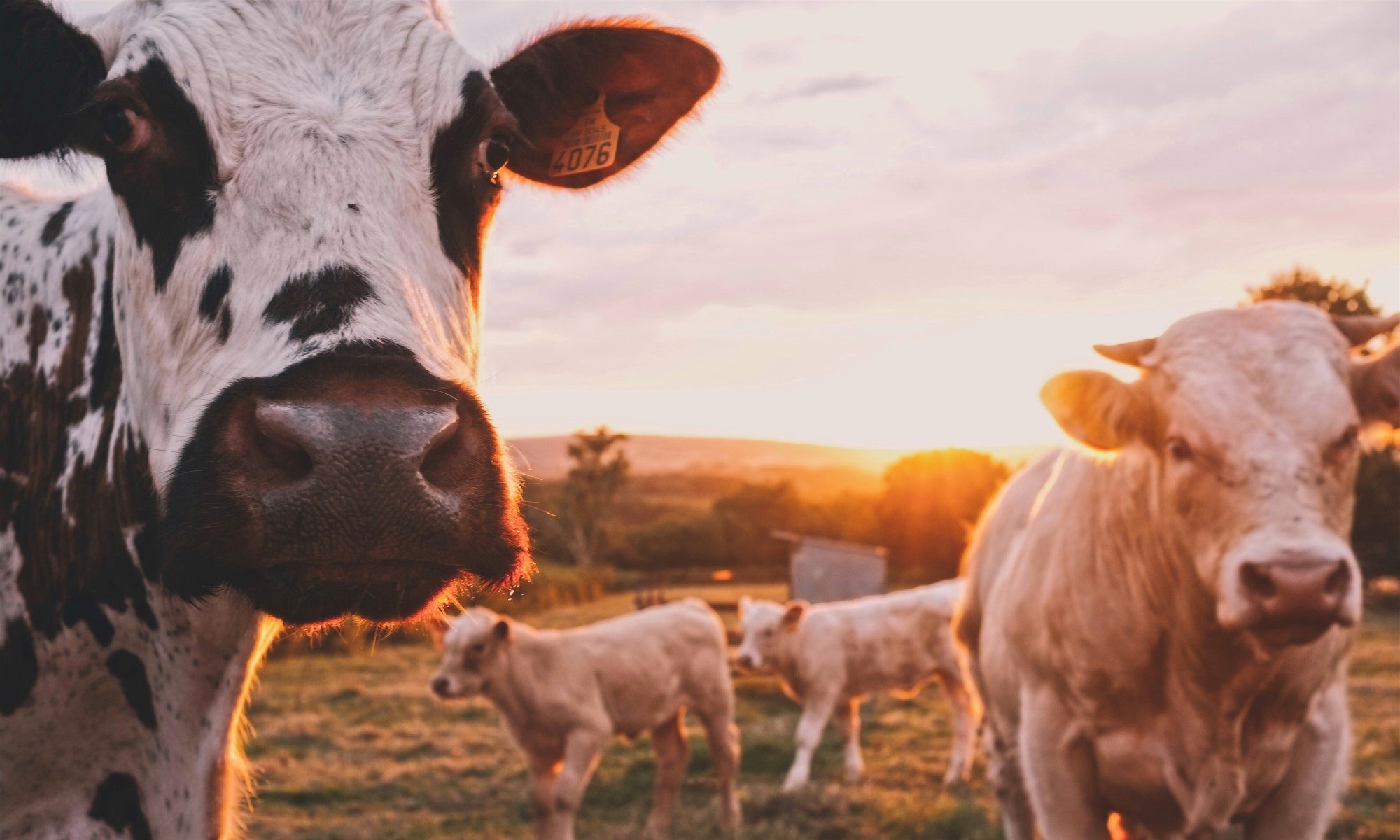Irrigation refers to the application of water to moisten the soil so as to support the growth of crops. It is used to supplement rainfall which is natural way of watering of plants. The water used for irrigation could be drawn from wells, rivers, springs, treated water or even piped water. Irrigation is an efficient way of water conservation as well as ensuring uniform application of water to the crops.
There exists numerous methods of irrigation depending on the users requirements. Irrigation is done by setting up of a proper irrigation system. The system should be able to divert water from its source, transport and distribute it within the farm as well as provide a means to measure and regulate flow of the water.
The irrigation systems center on diverting, conveying and applying water on the farm. Factors that determine the best irrigation system to install include; whether you own or lease the farm, type of crop grown, availability and cost of fuel, installation costs, labor requirements,shape and size of the farm and source of the water. The main systems are center pivot, linear move, traveling gun and micro irrigation systems.
Other than wetting the soil, irrigation has other benefits which are: cooling of the crops and soil; protection of crops from frost damage; delaying the development of bud and fruit; controlling of wind erosion; germination of seeds; and application of chemicals and liquid waste. Visit this page to become informed on why farm irrigation is more beneficial than reliance on rain water.
Successful agriculture critically depends on reliable source of water. Go online and let us help you achieve your success in agriculture by getting you a reliable irrigation system.
